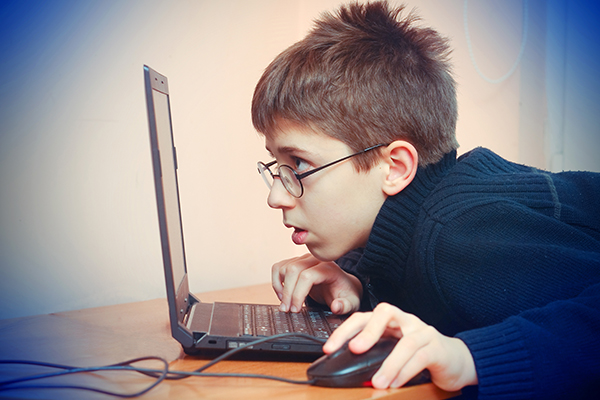In today's hyper-connected world, young people are constantly exposed to carefully curated snapshots of other people's lives - from picture-perfect holidays and academic achievements to the latest fashion trends and fitness goals. This relentless stream of comparisons, often amplified through social media, creates what is known as comparison culture.
Comparison culture fosters a mindset where individuals constantly evaluate their own worth by measuring themselves against others. This leaves many young people feeling as though they're falling short. For children and adolescents who are still developing their sense of identity, this environment can be especially harmful - contributing to feelings of inadequacy, self-doubt and anxiety.
It's important to understand how comparison culture shapes the way children see themselves and their place in the world. When young people constantly compare their appearance, achievements, or social lives to their peers or online influencers, they can develop unrealistic expectations and a distorted sense of self-worth. This can lead to low self-esteem, perfectionism, and a constant need for external validation.
However, through open conversations, positive role modelling, and proactive support, families can empower young people to build the resilience and confidence needed to navigate today's comparison-driven world. Encouraging an environment that values individuality, personal effort, and growth - rather than constant comparison or external validation - helps foster a stronger sense of self that allows young people to embrace their unique strengths and identity.









